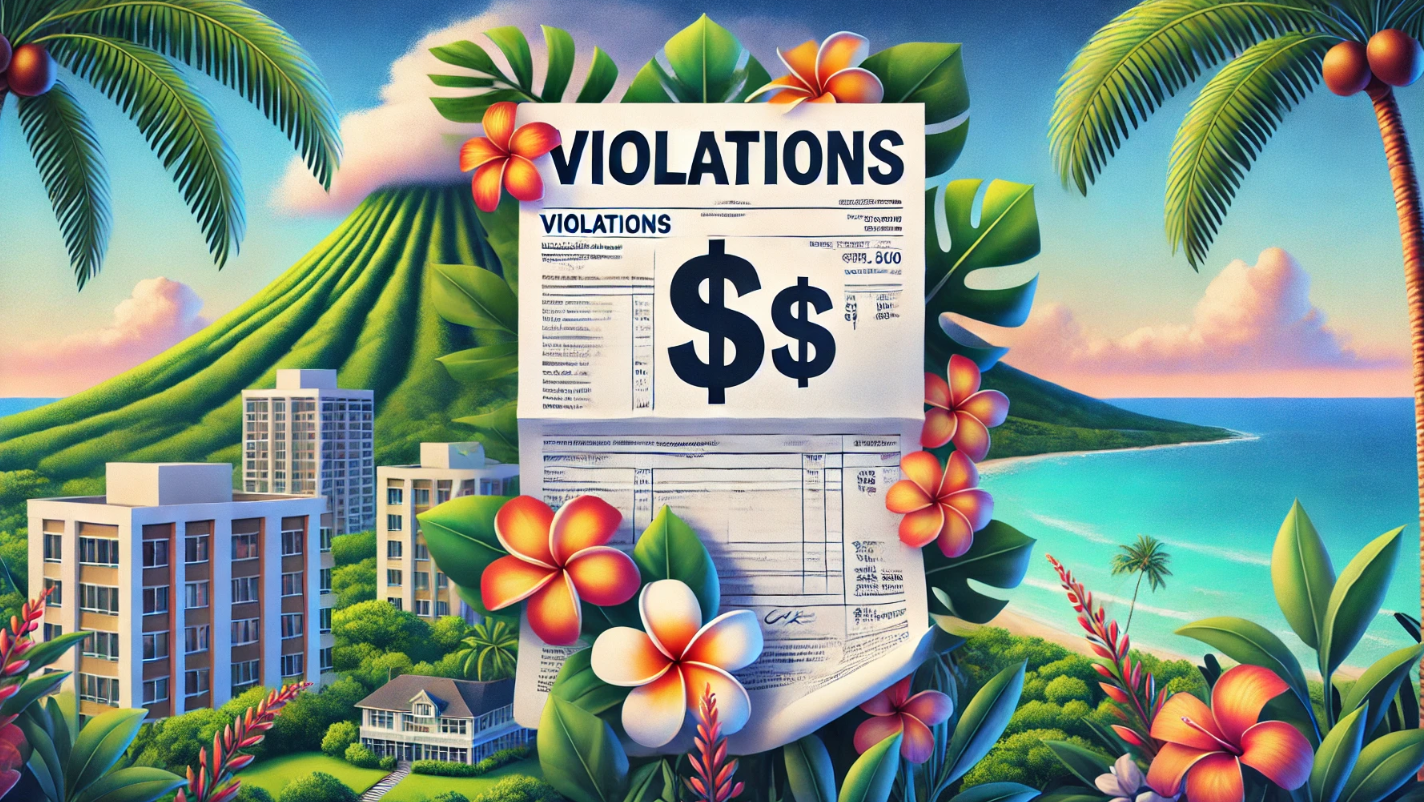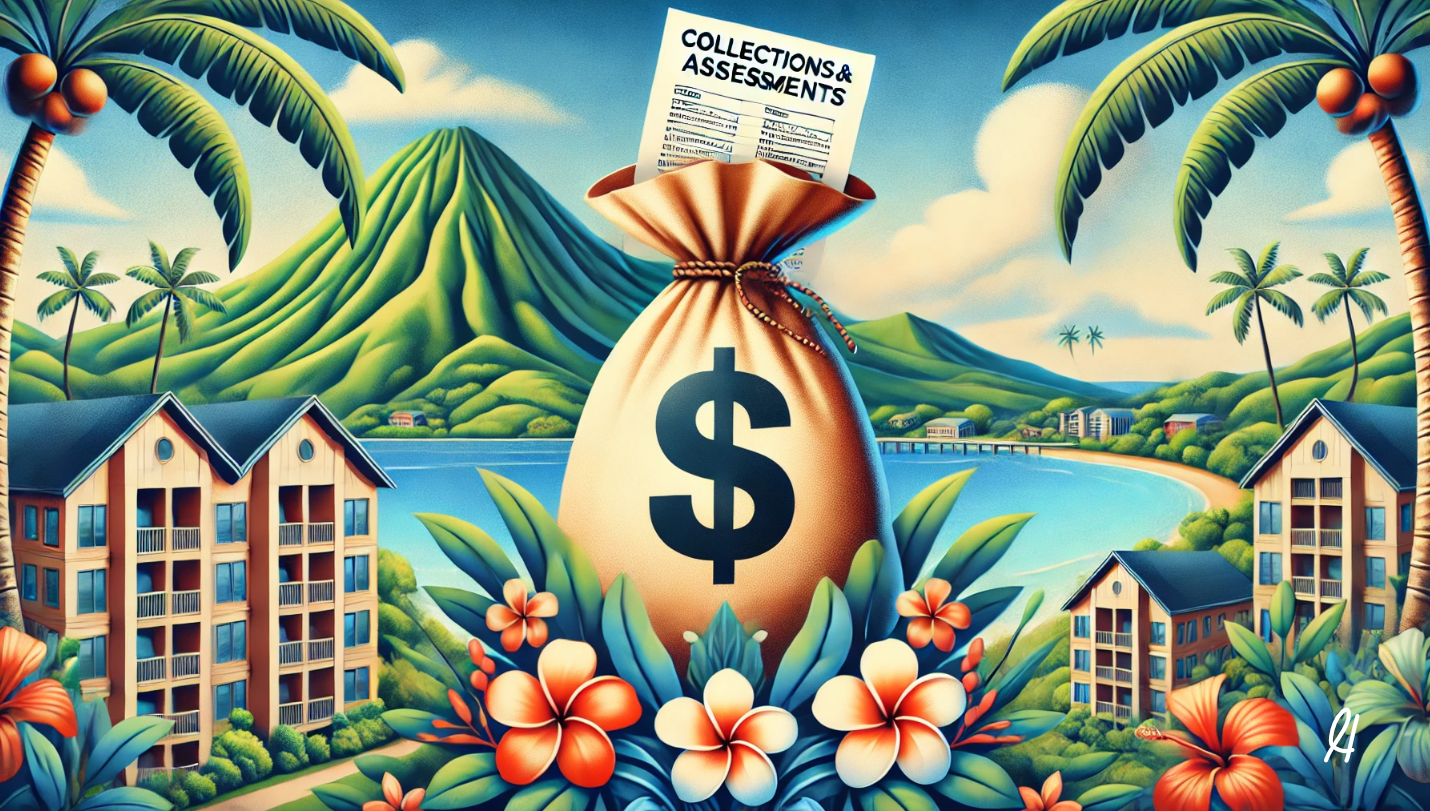The Importance of Clearly Defined Roles in Condo and HOA Governance
Introduction
In the world of condominium and homeowners associations (HOAs), clearly defined roles and responsibilities are the cornerstone of effective community management. Without a clear understanding of these distinctions, confusion and inefficiencies can arise, leading to mismanagement and dissatisfaction among residents. By understanding the unique roles of directors, officers, and other key players, associations can foster a harmonious and well-organized community.
Distinction Between a Condo/HOA Director and an Officer
One of the most fundamental distinctions in HOA governance is between directors and officers.
– Director: A director is a member of the board who participates in major decision-making and policy setting. While they play a critical role in shaping the direction of the association, they typically do not have specific administrative responsibilities unless explicitly designated.
– Officer: Officers, on the other hand, hold executive roles within the board, such as president, secretary, or treasurer. These roles come with specific duties and greater day-to-day operational responsibilities, ensuring the smooth functioning of the association.
Understanding this distinction is vital for ensuring that responsibilities are appropriately allocated and that the board operates efficiently.
Role and Authority of a Condo/HOA President
The president serves as the executive officer of the board, leading the association and overseeing its management. Their responsibilities include:
– Calling and presiding over board meetings.
– Representing the association in legal matters.
– Executing contracts and other official documents on behalf of the association.
The president’s leadership is crucial for maintaining order and ensuring that the board’s decisions are effectively implemented.
Responsibilities of a Condo/HOA Treasurer
The treasurer is the financial steward of the association, responsible for its financial health. Key duties include:
– Overseeing budgeting and financial planning.
– Monitoring financial reports and ensuring accuracy.
– Collaborating with management companies for day-to-day financial tasks.
Even when financial management is outsourced, the treasurer remains accountable for the association’s fiscal well-being.
Duties of a Condo/HOA Secretary
The secretary plays a pivotal role in maintaining the association’s records and ensuring transparency. Their responsibilities include:
– Keeping accurate meeting minutes.
– Maintaining membership records and official correspondences.
– Ensuring compliance with regulatory requirements.
By safeguarding the association’s documentation, the secretary helps maintain accountability and transparency.
The Role of a Condo/HOA Director at Large
A \”Director at Large\” is a board member without specific executive duties. Their primary role is to contribute to broader decision-making and policy setting, offering a valuable perspective to the board’s discussions.
Role of Vice Presidents in Condos/HOAs
Vice presidents act as the president’s second-in-command. They can step in to fulfill the president’s duties when needed and may carry other delegated responsibilities, depending on the association’s bylaws.
Expectations of Committee Chairs and Members
Committees play a vital role in assisting the board with specific tasks.
– Committee Chairs: Lead the committee, set agendas, and report to the board.
– Committee Members: Execute tasks and contribute to the committee’s objectives.
Committees enhance the board’s efficiency by focusing on specialized areas, such as landscaping, finance, or social events.
Board’s Authority to Create Additional Officer Positions
Boards may have the authority to create new officer positions to address specific needs, as long as this is permitted by the governing documents. This flexibility allows associations to adapt to changing circumstances.
Special Voting or Veto Rights of Officers
In some cases, officers may have special voting rights, such as a veto, particularly in larger or high-stakes decisions. These rights should be clearly outlined in the governing documents to avoid disputes.
Holding Multiple Offices
While it may be tempting for members to hold multiple offices simultaneously, this practice has both pros and cons. While it can streamline decision-making, it also increases the risk of conflicts of interest and overburdening individuals.
Election and Removal of Officers
The process for electing and removing officers is typically outlined in the governing documents. This includes:
– Procedures for nominations and elections.
– Grounds and processes for removal.
– Handling resignations or refusals to serve.
Clear procedures ensure fairness and accountability in leadership transitions.
Overstepping and Underperformance
Leaders may occasionally exceed their authority or fail to fulfill their responsibilities. Examples include:
– Making unilateral decisions without board approval.
– Neglecting key duties, such as financial oversight or record-keeping.
Such actions can undermine the association’s governance and lead to legal or social consequences.
Consequences of Misconduct or Negligence
Officers who engage in misconduct or negligence may face serious repercussions, including:
– Legal liability for breaches of fiduciary duty.
– Loss of trust and credibility within the community.
Associations must have mechanisms in place to address such issues promptly and effectively.
Conclusion
Education and awareness are essential for all members of a condo or HOA to ensure effective governance. By understanding the roles and responsibilities of directors, officers, and other key players, associations can foster a well-managed and harmonious community. Clear distinctions and accountability are the foundation of successful community management.
Dear Owners and Tenants,
I hope this message finds you well.
As members of a condo community, we share a common vision: the dream of homeownership and the promise of a secure, thriving place to call home. However, the reality of condo ownership in Hawaii has often been shaped by industry-driven priorities that sometimes feel disconnected from the needs of owners and residents like us.
This is why staying informed and actively participating in legislative matters concerning condos is so important. Every voice we add to the conversation strengthens our ability to advocate for fair policies, transparent practices, and a future where the dream of homeownership becomes a reality—not just an ideal.
Together, we have the power to turn the tide. By engaging in these discussions, we can help shift the focus from profit-driven schemes to a community-centered approach that prioritizes the well-being of residents and the integrity of condo ownership.
Let’s work together to ensure that our voices are heard. Whether it’s attending meetings, sharing your thoughts, or supporting initiatives that align with our shared values, every action counts.
Thank you for being part of this journey. With your support, we can build a brighter future for condo ownership in Hawaii—one that truly reflects the aspirations of our community.








